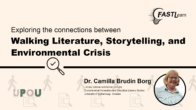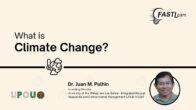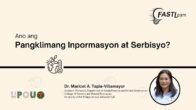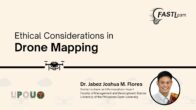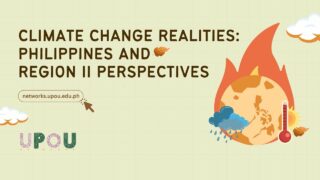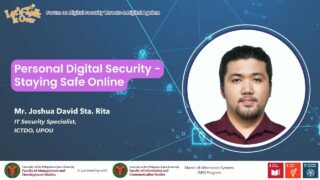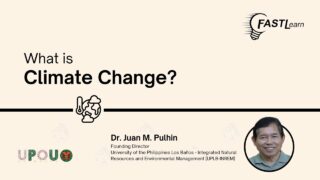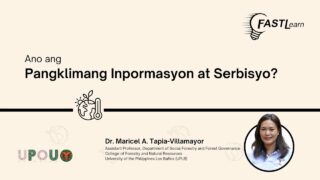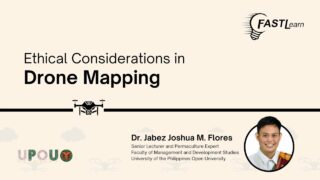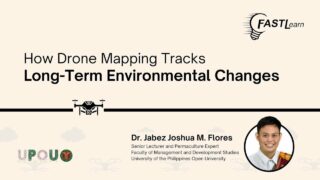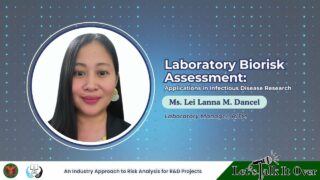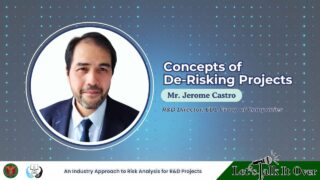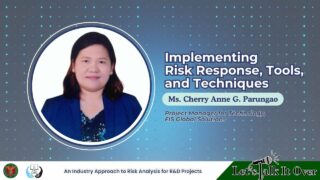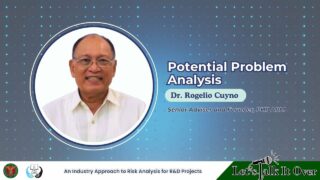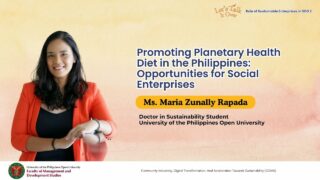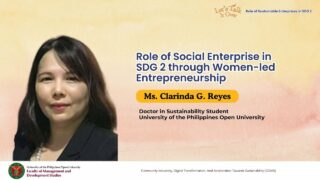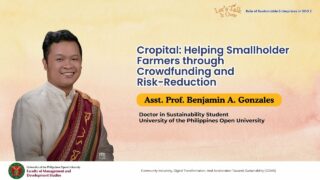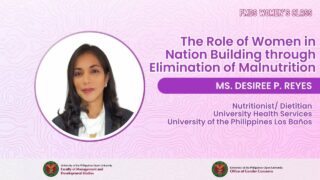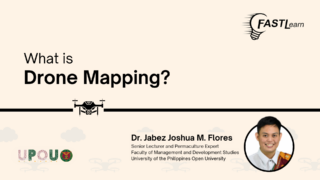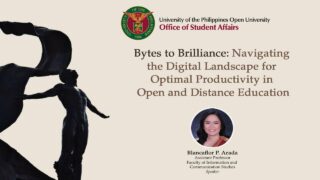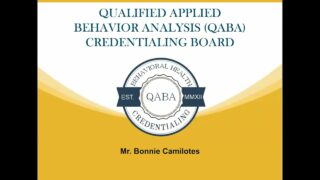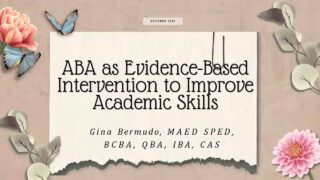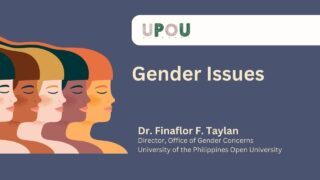What does walking literature reveal about today’s challenges?
I myself study literature about pilgrim’s walking and hiking. Especially stories set on hiking trails and about people going for very long pilgrimages or adventurous journeys. Often these wanderers feel lost and search for the meaning of life, solutions to problems or personal crisis.
Storytelling has been one of the most important tools for self-reflection throughout history, at least in European tradition. We tell stories and write literature in part to understand our place in the world and where we are going.
Therefore, it is interesting and important to try to understand more about what today’s Walking literature tells us about the predicament of our time. Many scholars and activists argue that we are living in a ‘crisis of stories’ that mean that we are virtually telling the wrong stories and the stories we tell have a destructive outcome, Amitav Ghosh, the American-Asian writer, argues that we are living in the time of “The Great Derangement”.
He argues that our old ways of narrating ourselves are adapted to the small intimate spaces of the bourgeoisie and the context of early modernity. But now we find ourselves in a world that is increasingly globalized, experiencing the growing the consequences of climate change, new weather phenomena, increasing world unrest and more streams of migrants. Storytelling and literature have an important role to play in trying to understand what is happening and in the work to process how we can deal with the ongoing environmental crisis.
Long pilgrimages, an ancient European tradition of walking for months to reach the holy destination, offer long periods of meditative walking and thus new opportunities to understand one’s own situation. The slow walking movement, so different from the speed of modernity is a great opportunity to teach the self about a simpler connection to the world.
The storytelling crisis that many researchers talk about today, also means that we now have the opportunity – as in every crisis – to make a radical change. We have now an opportunity to start seeing things in new ways. Walking and storytelling are interrelated because they both are ways to create new understanding that can lead to transformation.
